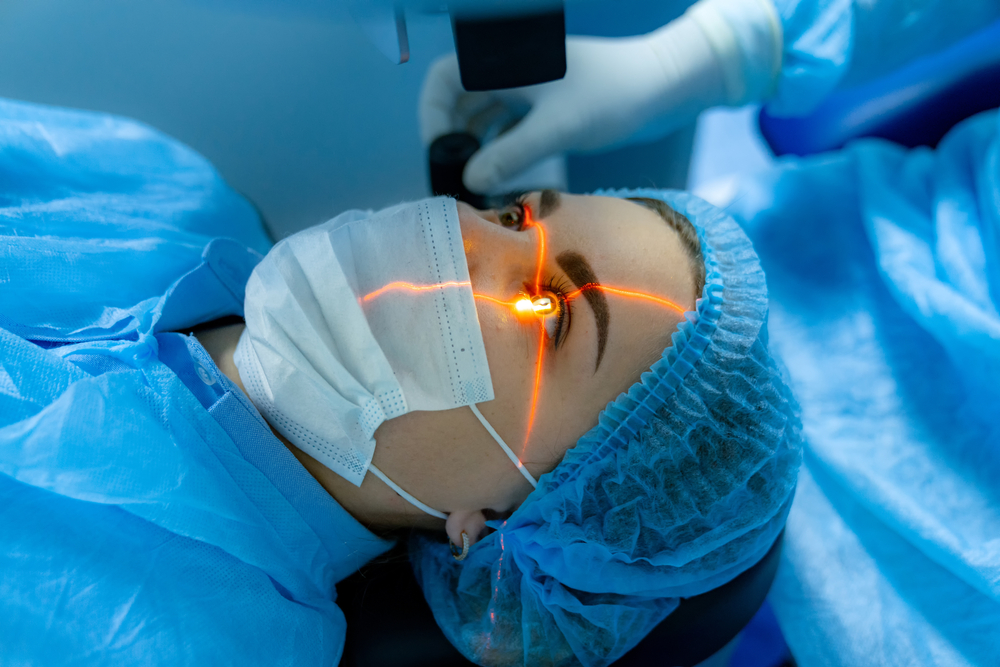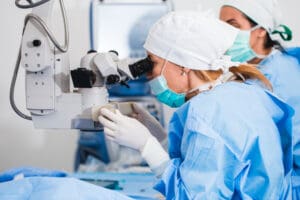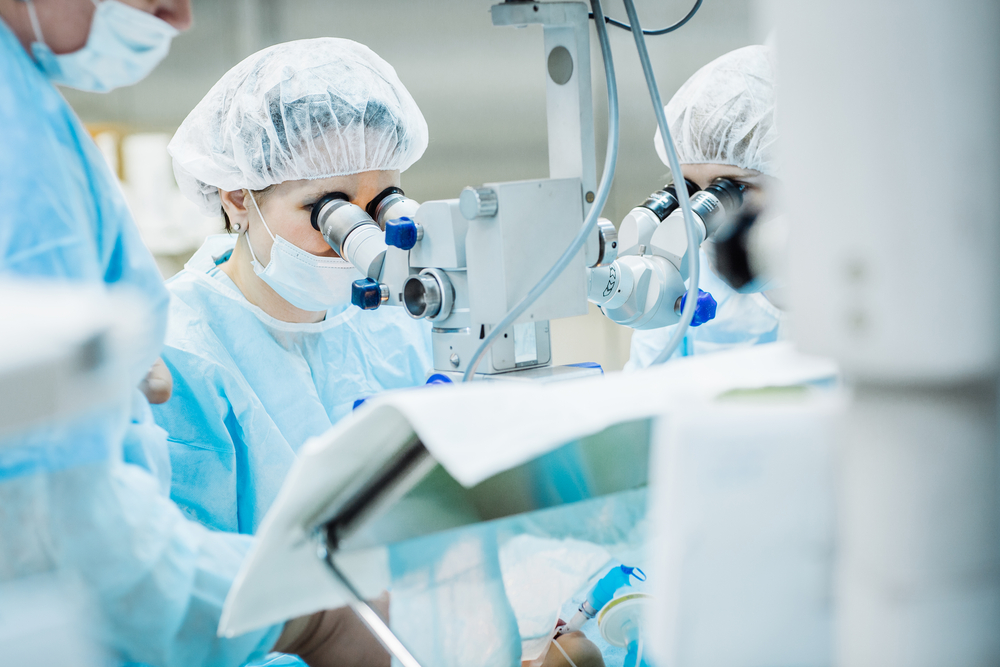
When Do I Know When to Have Cataract Surgery?
At the beginning of cataract formation, it may be easy to improve your vision through glasses, magnification, bifocals, visual aids, and appropriate lighting. When the cataract progresses to the point that it impairs vision and the way of life, it may be the right time to have cataract surgery.
Aging is considered the primary factor of poor vision, but getting cataract surgery is painless and simple enough to get your clear vision back. According to PBA, visiting a certified ophthalmologist to perform cataract surgery is an excellent way to get your vision back, and it is the most successful surgery performed in the US, with more than three million Americans undergoing the surgery every year.
What are Cataracts?
A cataract is identified with the clouding of the natural lens in an eye. People who are over 40 are the most affected by cataracts when it comes to vision impairment. In addition, cataracts are the world’s primary cause of blindness.
To understand the seriousness of the widespread effect of cataracts, Prevent Blindness America (PBA) stated that cataracts are more common in comparison to the combined cases of diabetic retinopathy, macular degeneration, and glaucoma. Cataracts now affect approximately more than 22 million Americans over the age of 46, and PBA states that the figure will rise to 30 million by 2020.

What Are The Signs You Need Cataract Surgery?
Cataract symptoms often include blurry vision, similar to looking through cloudy glass. You may also become more sensitive to light. Driving at night may become a challenge because the headlights from oncoming cars may cause more glare than they used to. If you are struggling to see the contrast between different colors or the colors you observe appear less vibrant, this is a sign it's time to talk with a certified ophthalmologist about the advantages of having cataract surgery.
Tips & Insights: What Are The Signs of Macular Degeneration?
What Causes Cataracts?
The eye’s lens functions like the lens of a camera, it is used to focus light on the retina, and it adjusts the focus of the eye for you to see things clearly for both close or distant objects. The main components of the lens are protein and water.
The protein is organized in a way to keeps the lens clear for the light to easily pass through. Over time, the protein may build up and form a small cloudy part of the lens. The cloud may become larger over time forming a cataract, which will make it harder for you to see.
The reason why the lens changes as we age is unknown to us, but doctors have identified factors that cause a cataract; they include:
- Diabetes
- Hypertension
- Obesity
- UV radiation
- Smoking
- High Myopia
- Previous inflammation or eye surgery
- Hormone replacement therapy
- Use of corticosteroid medications
- Statin medicines
- High intake of alcohol
One of the known theories about the formation of cataracts is the oxidative changes in the lens. Nutrition studies support this theory because vegetables and fruits that have antioxidants can help prevent the cause of distinct types of cataracts.

What Happens During Cataract Surgery?
When you talk with an ophthalmologist about having cataract surgery, you will become familiar with the process of removing the clouded lens in your eye with a clear intraocular lens (IOL). Intraocular lenses are plastic in nature.
Recent developments in IOLs allow patients to have lens options based on their lifestyle. There are 4 main types of IOLs:
- Monofocal lens – These lenses can provide clear distance vision for patients without astigmatism.
- Multifocal lens – These lenses can provide a range of vision from near to intermediate to distance.
- Astigmatism Correcting (Toric) lens – correct higher levels of astigmatism and provide clear distance vision. You will still need glasses for near and intermediate vision.
- Depth-of-focus lens – This lens provides a continuous range of vision at all distances to fit your active lifestyle.
Men should also be careful to know that some prostate drugs can cause IFIS (Intraoperative Floppy Iris Syndrome) when cataract removal is being performed.
If there is a cataract in each of your eyes, typically cataract surgery is performed on your non-dominant eye first followed by your dominant eye 1-2 weeks later. The time between the two cataract surgeries is in case infection or complications occur.
To prevent yourself from having cataract surgery, use antioxidant vitamins like omega-3 fatty acids and vitamin C, and also wear sunglasses to block UV rays when you are enjoying the sun. If you are struggling to read or drive at night, this is a sign of vision issues that need to be diagnosed by a certified ophthalmologist or optometrist. Our staff of ophthalmologists offers innovative eye care solutions such as LASIK eye surgery, blepharoplasty surgery, glaucoma treatments, corneal transplants, and keratoconus options. Give our team of ophthalmologists a call by phone at (877) 421-9132 to discuss eye care treatments.
Schedule your cataract screening today!
 877-852-8463
877-852-8463 Careers
Careers Locations
Locations Patient Portal
Patient Portal Request Appointment
Request Appointment












 877-852-8463
877-852-8463
